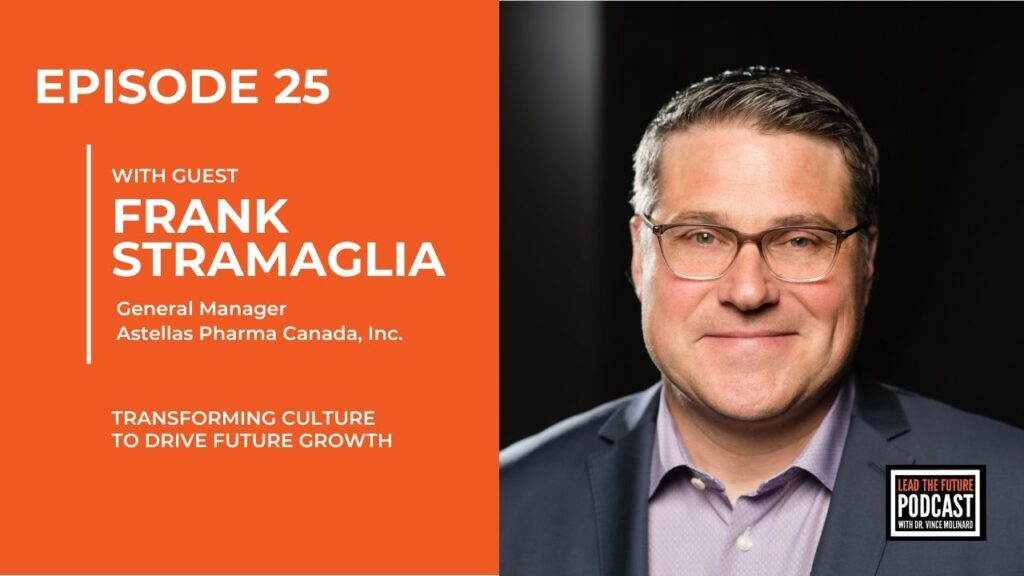Note: A version of this article was originally published on Industry Week.
Are your top people taking personal ownership, or waiting for permission to act?
It’s all too common that the CEOs I work with experience a moment of dread—one where they realize that the leaders across their organizations aren’t ready to lead the company in the future.
Maybe it’s that the company hasn’t invested correctly or sufficiently in supporting the development of those leaders. Or maybe it’s that the leaders themselves just don’t have what it takes to truly lead.
But regardless of the reason, as I explore this challenge with them, it usually ends up being described as a leadership accountability gap—a problem that my global research reveals is fairly widespread among companies. It happens any time people in leadership fail to demonstrate personal ownership for their roles. They tend to wait for permission, look to the senior team to make every decision, and fail to take initiative.
In our global survey of over 2,000 senior executives, only 49% of an organization’s leaders are seen as being truly accountable. Imagine the risks this creates when a CEO can only really count on half of their leaders to get the job done.
Another observation I’ve had through my discussions with CEOs is that some do not fully appreciate how critical it is that they set the tone of accountability for their leaders. Most everyone in an organization takes their lead from the top. If the most senior leaders demonstrate accountability personally, that goes a long way to setting that same expectation for everyone else.
The bottom line is if they, in and of themselves, are not the best models of accountability, it undermines all efforts to scale it across the organization. And while many of the senior-most leaders can talk the accountability talk, when it comes time to putting those words into action, sometimes they demonstrate inconsistent authenticity and commitment.
For example, I once witnessed the senior leaders of an organization issue a policy that was intended for all employees. The message came out by email, and at the bottom of the email was a final statement that said that a senior executive was exempt from behaving in a way that was consistent with the policy. No leader can demand accountability if they are not prepared to live it.
This accountability blind spot is often due to the ongoing struggle that many of us have with self-awareness. We put a high priority on accountability and, by doing that, we assume that we are demonstrating accountability. But if there is no one with the guts to tell us when we’re falling short, then accountability cannot become part of culture. And the end result is an organization that knows accountability is important but doesn’t know how to build it.
Scaling leadership accountability throughout an organization cannot be done by any one person. To accomplish this goal, CEOs need help from above and below to embed accountable mindsets and behaviors.
In my book Accountable Leaders, I outlined the role of the CEO, the Board, the CHRO, and senior executives in building and scaling leadership accountability across an organization. I’ve detailed the others in previous articles, so here I will outline a number of things CEOs can do to help their organizations drive a culture of accountability, from the C-suite all the way down to frontline managers.
- Accountable CEOs need to be seen and heard. It’s not enough to just tell your executive leadership team to promote accountability—you have to make sure everything you say and do showcases your ability to be accountable, particularly when times are tough. If there are setbacks or misfires, CEOs need to be seen out in front of the organization, taking responsibility. If CEOs expect total transparency and accountability from other leaders, they need to back that into everything they say and do.
- Make sure you have a strong CHRO that you trust. The person you pick to head up HR can make or break your company’s accountability. Unfortunately, CEOs don’t always realize how important this role is in the grander scheme of things. Of course, you want a CHRO with a deep reservoir of expertise in human resources. But you also need to find someone who is, in and of themselves, a strong and accountable leader who can provide a check and balance on other executives (including you). I’ve seen too many companies crippled by a weak or mediocre HR team.
- Demand accountability on your executive team. If hiring an accountable CHRO is critical to building a culture of accountability, so is picking the right people for your executive leadership team. I’ve talked to a lot of CEOs who tell me that finding an entire team of accountable leaders to take on executive-level leadership is one of the toughest challenges they face. This is why we often work with CEOs and their executive teams to build clarity, commitment, and alignment. It sets a powerful tone that inspires employees to strive for success. A mediocre or dysfunctional executive team is a recipe for disaster.
Some key practices for hiring accountable executives include: Look for a track record of accountability. Seek to understand the extent the executives did what they said they were going to do in their roles. Identify how these leaders deal with mistakes and failure – do they blame others, or accept all fault on their shoulders? - Make sure your expectations are crystal clear. Accountable CEOs put a lot of effort into bringing clarity to the expectations they have for their organization’s leadership culture. You need to have frank and fearless conversations with all your leaders so that they understand they must each do their part to build a culture of accountability. For CEOs, that also means zero-tolerance for toxic leaders. Toxic leaders treat others in a demeaning and disrespectful manner. They are prone to emotional outbursts and tantrums. They are self-absorbed and only concerned with their own self-interests, rather than what is best for the company, its customers and employees. If you see these behaviors on a repeated and consistent basis, then you will need to take action. Tolerating these bad leadership behaviors will eventually erode any trust and confidence that employees will have in you.
Accountability is such an important element for businesses today, and its development cannot be left to chance. Those CEOs who acknowledge the importance of accountability but do nothing to cultivate it organization-wide will struggle. On the other hand, CEOs who master executive-level accountability and scale it throughout their organizations will have an infinitely better chance at success.








